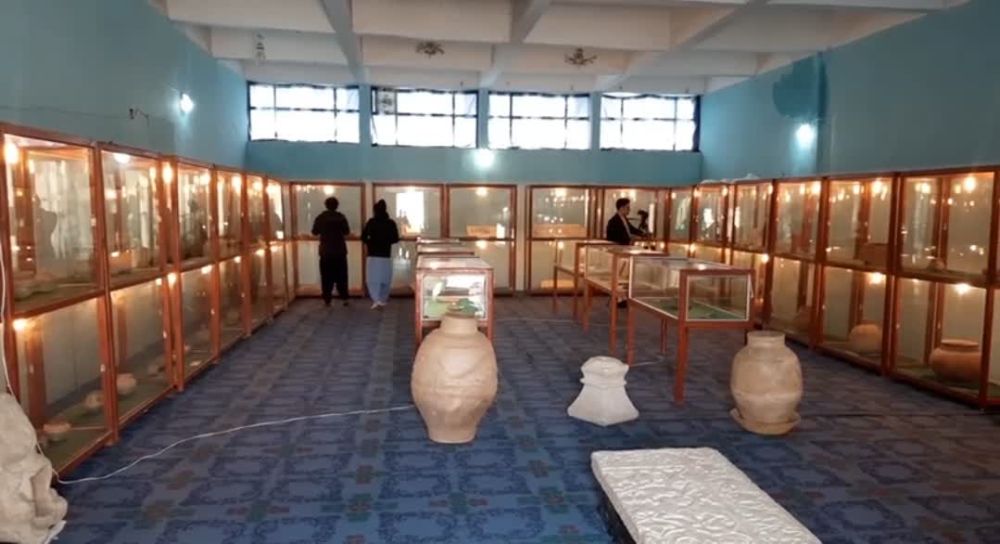

The city of Ghazni, with its rich tapestry of history, has long been a beacon to those interested in the storied past of Afghanistan. The Archaeological Museum of Ghaz 'ni itself, while not ancient in its establishment, has become one of the pillars of historical tourism in the region.
Once the capital of the Ghaznavid Empire, Ghazni served as a focal point of culture and power from the 10th to the 12th century. This historical depth positions the city as an invaluable site for archaeological interest and scholarly study. The remnants of past civilizations, discovered in and around Ghazni, propelled the need for a dedicated space to preserve and display these cultural treasures. The museum, hence, became a repository of Ghazni's ancient heritage.
The Archaeological Museum of Ghazni was established to house and exhibit the plethora of artifacts unearthed from numerous excavations throughout the province. Housing a vast collection of items such as statues, coins, and Islamic manuscripts, the museum offers insights into the diverse historical epochs of the region, from Buddhism to Islamic civilization.
The museum has faced numerous challenges over the decades, especially during periods of conflict when many artifacts were looted or destroyed. However, the resilience of the local and international archaeological communities has played a key role in restoring and preserving what was salvaged. Efforts to document and digitally archive the museum's collection have been crucial in ensuring that this rich heritage withstands the tests of time and conflict.
Before the onset of security concerns in the region, the Archaeological Museum of Ghazni attracted tourists and scholars alike. Its displays offered a journey through time, showcasing the region's cultural and historical evolution, and promoting a deeper understanding of Afghanistan's past.
In recent times, tourism in Afghanistan, and in Ghazni particularly, has been greatly affected by political instability and safety challenges. The trend has shifted towards virtual tourism, where enthusiasts explore Afghan heritage, including the Ghazni museum's collections, through digital platforms and online resources.
Despite current hurdles, there is hope for the rejuvenation of tourism in Ghazni. As peace and stability are pursued, we may once again see a rise in physical tourism to the region. The Archaeological Museum of Ghazni stands ready to reconnect visitors with the ancient heart of Afghanistan, contributing to an understanding of the global historical narrative.
Note: Visitors interested in the Archaeological Museum of Ghazni should seek up-to-date travel advice from their respective governments and be aware of the on-going situation in the region.